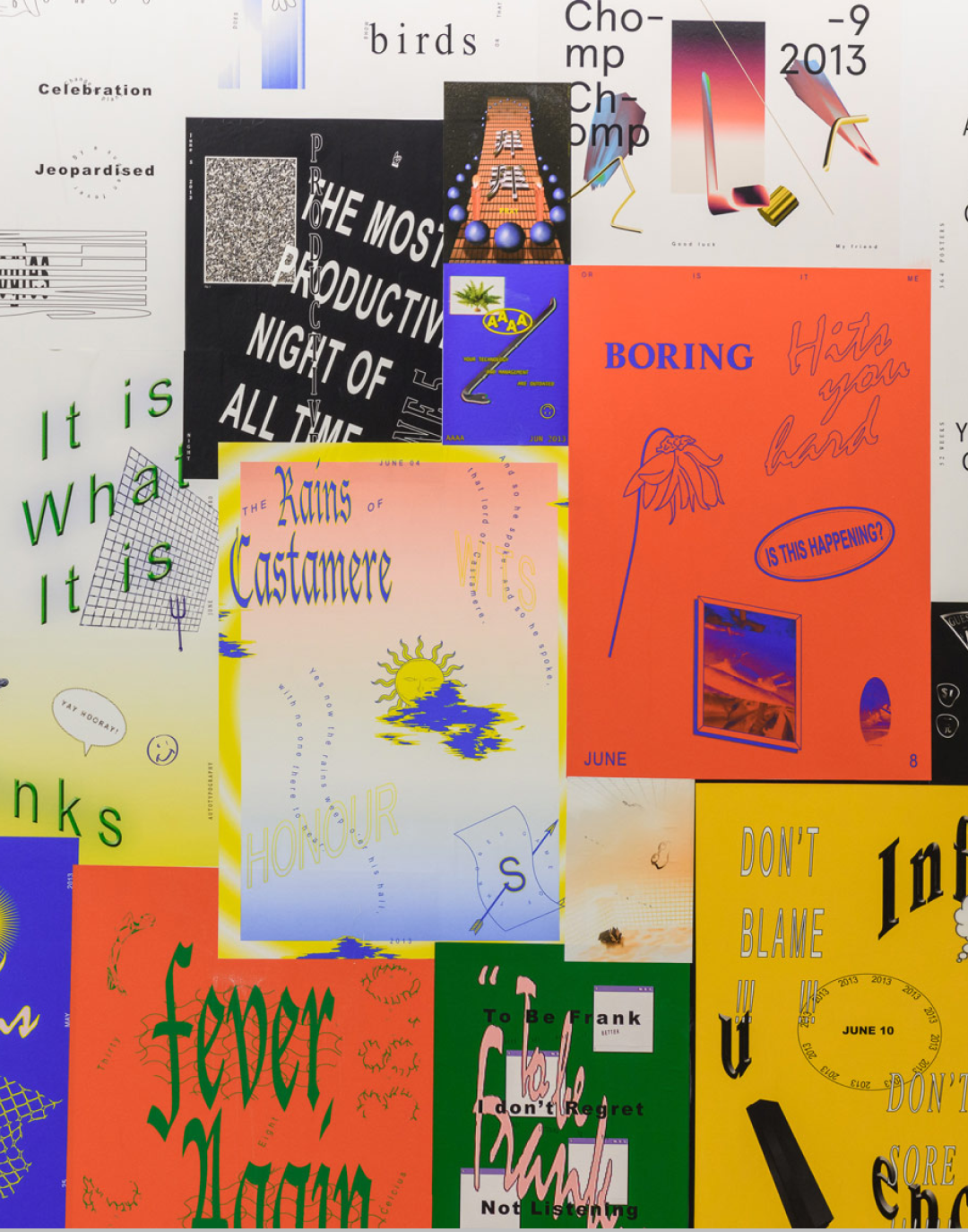
An Italian publication launched the first AI newspaper The Il Foglio experiment that went around the world
From March 18, for one month, the Italian newspaper Il Foglio is bringing to newsstands a newspaper created with AI. The publication immediately clarified that this is an experiment aimed at exploring the impact of artificial intelligence on journalists' work and the future of public information. «Il Foglio AI will consist of four pages, with about twenty-two articles plus three editorials. It will be even more optimistic than the traditional Foglio, will sometimes clash with our newspaper’s editorial line, and will surprise you. It will be published every day from Tuesday to Friday for a month», announced Il Foglio in the article presenting the project. As the first daily newspaper of its kind in the world, the initiative has sparked criticism, controversy, and curiosity everywhere—from social media to physical newsstands and from Italy to the United States. Some have questioned the project, arguing that it is merely a publicity stunt, while others have accused the newspaper of worsening the growing public distrust towards journalists.
La prima pagina del Foglio AI, il primo giornale al mondo fatto con l'intelligenza artificiale. Lo trovate per un mese all'interno del Fogliohttps://t.co/HaOiKlZRbp.. pic.twitter.com/IC0v06qbZH
— Il Foglio (@ilfoglio_it) March 18, 2025
This is not the first time Il Foglio has experimented with AI: a year ago, the newspaper started publishing one computer-generated article per week, challenging its readers to guess which one it was. Those articles already contained errors, including spelling mistakes and inaccuracies, which, for the launch of Foglio AI (the newspaper’s actual name), have been reviewed by real journalists to prevent the spread of fake news. For one month, fact-checkers will remove false news from the entirely AI-written newspaper but will leave all other mistakes as evidence of ChatGPT’s inaccuracies and the shortcomings of AI-driven technologies. In an article detailing the first week of Foglio AI’s newsroom work, Il Foglio states that while artificial intelligence can write well—recognizing the appropriate tone for a newspaper and even engaging in debate—it is still incapable of true journalism. The sources it gathers come exclusively from previously published online articles, and it cannot conduct interviews or investigative reporting, the newspaper noted.
the brutalist used ai to fix actors accents and for the architecture design… when it’s a movie about an architect pic.twitter.com/pWfl4TzaSw
— kenny (@bvckystjames) January 19, 2025
The rise of artificial intelligence has challenged everything we perceive. Deepfakes—fake videos depicting famous people doing or saying controversial things—are just one example of how new technologies threaten public security, while AI-generated content (including music and photography, as well as fashion campaigns and advertisements) is reshaping creative industries. Despite the controversies, more and more companies are embracing artificial intelligence: Christie's recently held the first AI art auction, dating apps are using AI to enhance their matchmaking methods, and even The Brutalist, an Oscar 2025 contender, has used AI technology to refine the film. With the upcoming Milan Design Week dedicated entirely to artificial intelligence and its role in the industry's evolution, along with the international success of projects like Il Foglio AI, it is becoming impossible to condemn AI outright. It is neither a victim nor a villain; it is a new tool that everyone—from journalists to photographers—must learn to coexist with.














































